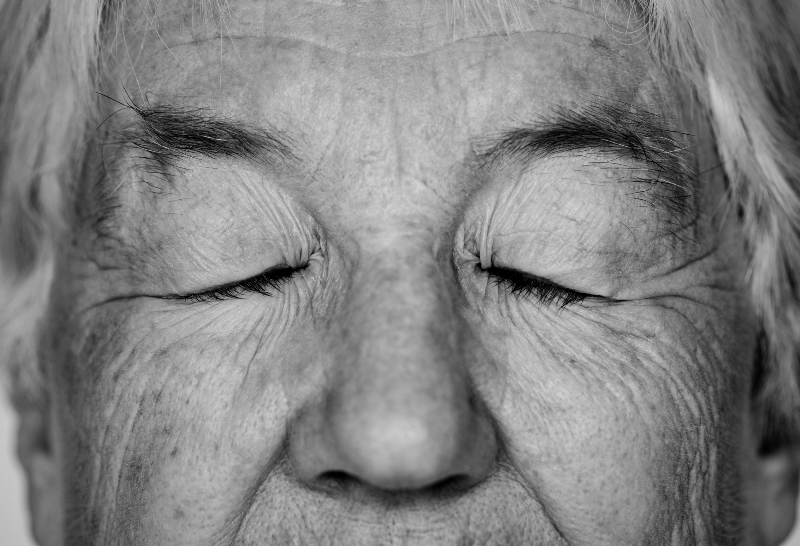Schizophrenia is a chronic and severe mental disorder that affects how a person thinks, feels, and behaves. People with schizophrenia may seem like they have lost touch with reality. Commonly, people suffering from this problem, have several other symptoms that are considered to be odd and out of touch with the real world. Thus they might be unable to carry on with their daily life, work, and relationships smoothly. They might even neglect their hygiene and withdraw themselves from the others. Symptoms of schizophrenia usually start between ages 16 and 30. The symptoms of schizophrenia fall into three categories: positive, negative, and cognitive.
Positive symptoms: “Positive” symptoms are psychotic behaviors not generally seen in healthy people. People with positive symptoms may “lose touch” with some aspects of reality. Symptoms include:
- Hallucinations
- Delusions
- Thought disorders (unusual or dysfunctional ways of thinking)
- Movement disorders (agitated body movements)
Negative symptoms: “Negative” symptoms are associated with disruptions to normal emotions and behaviors. Symptoms include:
- “Flat affect” (reduced expression of emotions via facial expression or voice tone)
- Reduced feelings of pleasure in everyday life
- Difficulty beginning and sustaining activities
- Reduced speaking
Cognitive symptoms: For some patients, the cognitive symptoms of schizophrenia are subtle, but for others, they are more severe and patients may notice changes in their memory or other aspects of thinking. Symptoms include:
- Poor “executive functioning” (the ability to understand information and use it to make decisions)
- Trouble focusing or paying attention
- Problems with “working memory” (the ability to use information immediately after learning it)
Worried that you / your loved one may be suffering from Schizophrenia?
Since the past 1 month or more,
- Do you feel that your thoughts often become jumbled, jump around or become blocked?
- Do you feel that your thoughts tend to get fixed in your mind and you can’t get your mind off them?
- Do you feel that your thoughts have a definite impact on others as though you can control things or ‘do things’ with your thoughts?
- Do you feel that your thoughts, feelings and actions are being controlled by someone else?
- Do you hear voices / see / smell / feel / taste things that other people don’t?
- Do you believe that other people can read your mind, or you can read others’ minds?
- Do you find it difficult to relate to other people and trust them?
- Do you find it difficult to make decisions and get yourself moving to do anything?
- Do you have difficulties controlling impulses (like shouting in public or suddenly becoming angry) or difficulties engaging in regular daily activities (like bathing or dressing)?
- Do you experience severe difficulty in expressing your emotions?
If you have said yes to most of the above, we might be able to help you.Browse our partner-sponsored Glasses, with a variety of options to suit every taste and budget, available to buy online
Treatments we can help you with:
Medication
Counselling
Psychometric Assessment
Cognitive Behaviour Therapy
Rational Emotive Behaviour Therapy
Family Therapy











